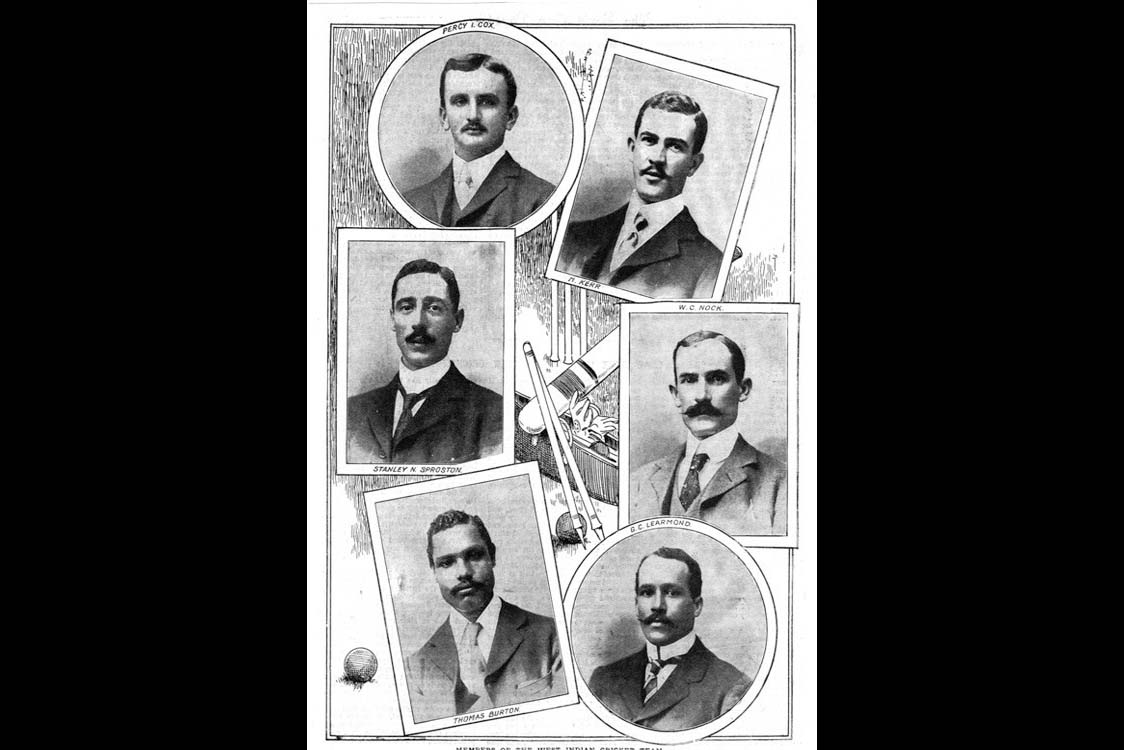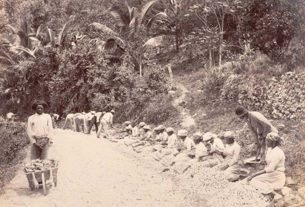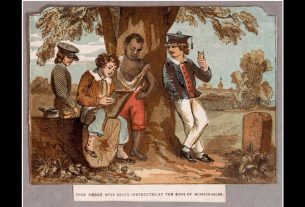After 1838 cultural traditions gave rise to major festivals, like Junkonnu (John Canoe) and Carnival, and to significant musical forms like kaiso (calypso), mento which led to contemporary reggae, and to musical innovations like the steel pan.
Most of the Caribbean colonies had some form of Christmas Festival which went through to New Year’s Day. During enslavement the period was the only extended holiday, and the custom continued after 1838. Junkonnu was important after Emancipation. When police tried to stop it in 1841 in Kingston, Jamaica, a riot followed, and British troops were brought in to restore order; the mayor had to hide on board a ship. Carnival were celebrated in several colonies in the two days before Ash Wednesday, which marked the start of the Christian Lent season. After Emancipation the Africans were free to participate as they chose, and the festival was gradually transformed into a more colourful and lively celebration as seen today.
August the First, which celebrates Emancipation Day, has been an important folk holiday in the Caribbean and North America since 1834. In sport the major local and international game was cricket.




